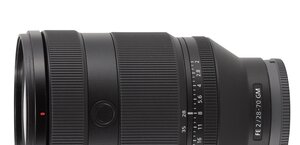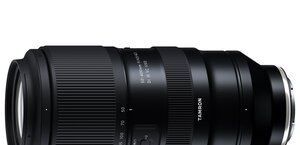Canon EF-S 24 mm f/2.8 STM
5. Chromatic and spherical aberration
The longitudinal chromatic aberration doesn’t bother the tested lens at all - you can see that much in photos below, taken by f/2.8 and f/4.0.
 |
Please Support UsIf you enjoy our reviews and articles, and you want us to continue our work please, support our website by donating through PayPal. The funds are going to be used for paying our editorial team, renting servers, and equipping our testing studio; only that way we will be able to continue providing you interesting content for free. |
- - - - - - - - - - - - - - - - - - - - - - - - - - - - - - - - - - - - - - - - - - - - - - - -
Also the lateral chromatic aberration shouldn’t be a matter of concern. The graph below shows its correlation with the aperture value.

The results oscillating between 0.08% and 0.09% mean that you deal with values on a borderline between low and medium levels. It is not a result you should worry about.
| Canon 50D, f/2.8 | Canon 50D, f/8.0 |

|

|
Spherical aberration
The lens didn’t have any „focus shift” tendency so its spherical aberration isn’t very high. We tried to get more information analyzing defocused light circles but the parameters of the lens make it very difficult to get two equal circles in front of and behind the focal point big enough for such a test. Our effects are presented below; as you see the circles do feature some differences but it would be hard to draw any binding decisions, based on them.
| Canon 50D, f/2.8, in front of | Canon 50D, f/2.8, behind |

|

|






